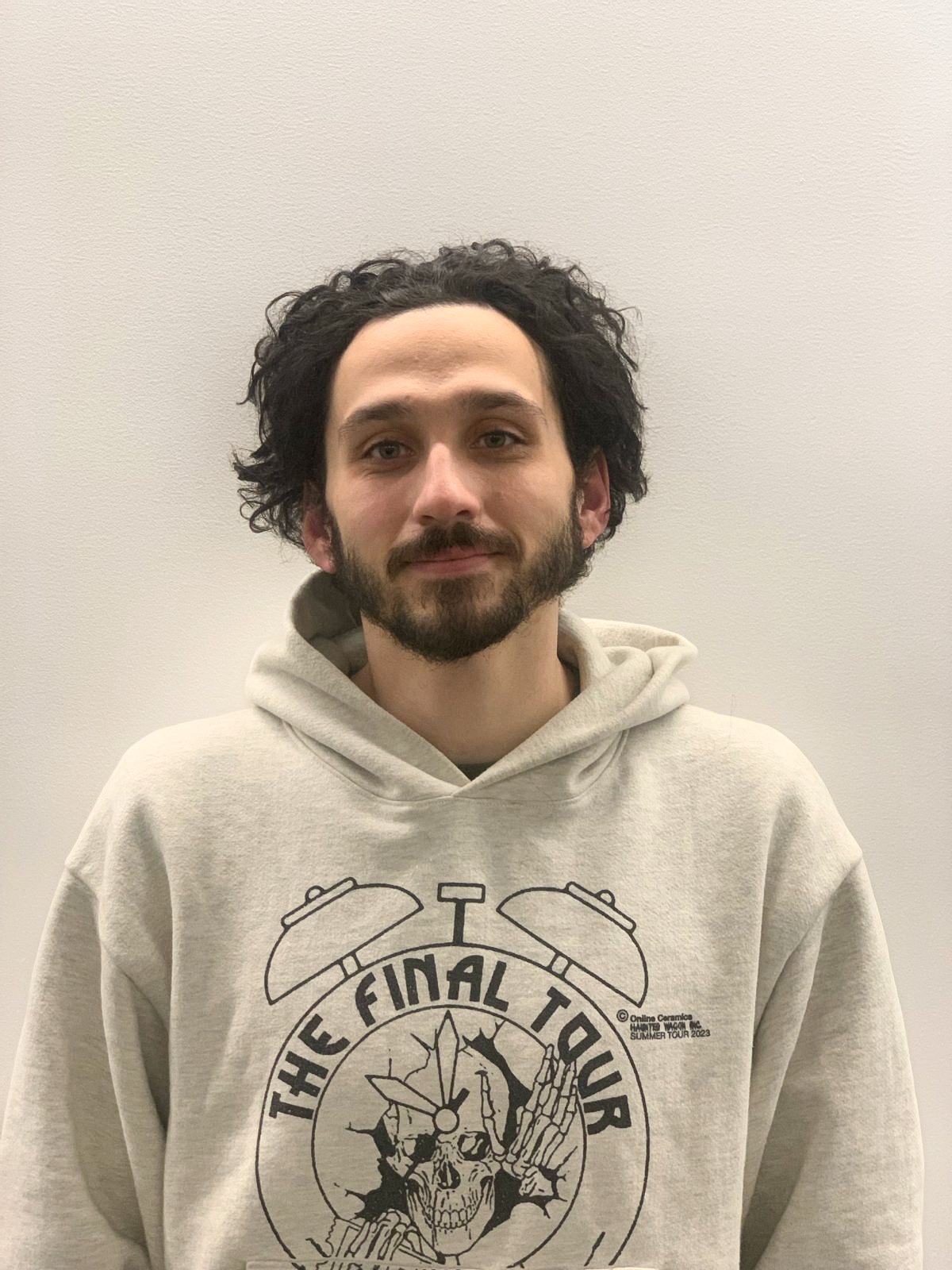
Eric Bonner: Climate Change and Community Resilience
Reflecting on his time at The New School, Eric Bonner notes that his academic journey has been transformative. Currently set to graduate in December with an Urban Studies major and Environmental Studies minor, he states that “every second that I have been here, all of the professors, all the classmates that I’ve had, it’s been worth it.” For Bonner, TNS has provided an environment that not only nurtures his intellectual growth but has also deeply resonated with his vision of using urban planning and environmental studies to address the pressing challenges of climate change.
Bonner’s academic interests lie in the intersection of climate change and community resilience. Specifically, on how people in different regions—whether urban or suburban—perceive and respond to environmental heatwaves, coastal flooding, or severe weather. He states that “in the Midwest, like Wisconsin, they experienced more tornadoes in one month than they had for the prior ten years,” emphasizing how climate change is dramatically affecting communities in previously unheard of ways. Bonner also highlights the importance of researching how communities see and respond to these changes: “If we don’t understand the physical risk and how the people in these places understand those risks, then we can build infrastructure to our heart’s content that will fall by the wayside if we don’t meet people where they are.”
He describes himself as fortunate to have worked with professors and researchers who share his passion for urban systems and sustainability. Bonner notes that his first class, Political Economy of the City with Jürgen von Mahs, “was everything that I could have asked for.” Courses like Urban Ecosystems with Timon McPhearson, and Qualitative Research Methods with Ujju Aggarwal have helped lay the foundation for his academic growth. His coursework included a self-directed study with Rachel Heiman that examines the evolving landscapes of suburban communities as they have grown increasingly diverse in the past few decades. He explains that “if we can see the suburban landscapes in different ways, we can actually reach out and understand not only the climate hazards and risks but understand what these communities are in a more thorough way.” Bonner is confident that his studies at TNS have been rewarding, calling it “the best investment of [his] time. I will always consider The New School my north star.”
As a closing note, Bonner recommends that students take full advantage of the university’s research labs and institutes, such as the Tishman Environmental Design Center or the Solberg Institute of Migration and Mobility, to gain hands-on experience in their fields. “If you’re a student who can take on extra work, or has a strong desire to get out and do more, look at what positions research institutes have open,” he advises. His own experience as a research assistant has been invaluable, saying it’s “one of those incredible opportunities” to work alongside professionals in the field.
A passionate advocate for building resilient communities in the face of climate change with a background in risk analysis and commitment to community-based solutions, Bonner is poised to play an important role in shaping the future of urban sustainability.